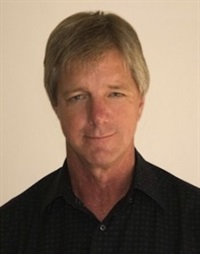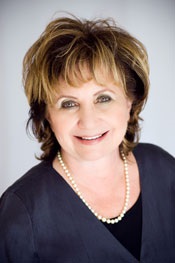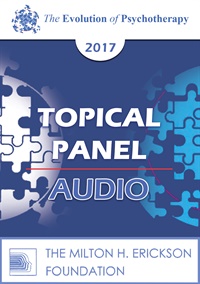EP17 Topical Panel 13 - Humor in Therapy - Stephen Gilligan, PhD, Cloe Madanes, HDL, LIC, and Bill O'Hanlon, MS
- Average Rating:
- Not yet rated
- Topic Areas:
- Topical Panels | Humor | Psychotherapy | Therapist Development | Strategic Therapy | Ericksonian Hypnosis and Therapy Techniques
- Categories:
- Evolution of Psychotherapy | Evolution of Psychotherapy 2017 | Pioneers in Couples and Family Therapy
- Faculty:
- Stephen Gilligan, PhD | Cloe Madanes, HDL, LIC | Bill O'Hanlon, MS
- Duration:
- 1:00:23
- Format:
- Audio Only
- Original Program Date:
- Dec 16, 2017
- License:
- Never Expires.
Description
Description: This panel highlights the strategic use of humor in therapy to enhance connection and engagement. Madanes shares examples of humor-driven interventions, O’Hanlon emphasizes breaking mental blocks while staying grounded, and Gilligan illustrates how humor can shift obsessive thinking. All panelists agree that humor works best when it’s authentic and strengthens the therapeutic relationship.
Syllabus Description: Humor can convey deep meaning; it is one way of gift wrapping conceptual realizations for clients.
Educational Objectives:
- Indicate ethical considerations for using humor in therapy.
- Indicate three benefits and three limitations for using humor in therapy.
*Sessions may be edited for content and to preserve confidentiality*
Credits
Handouts
| Timestamped Transcript (797.7 KB) | 18 Pages | Available after Purchase |
| Ericksonian Learning Snapshot (251.6 KB) | 2 Pages | Available after Purchase |
Faculty

Stephen Gilligan, PhD Related Seminars and Products
Stephen Gilligan Ph.D., is a Psychologist in Encinitas, CA. He was one of the original NLP students at UC Santa Cruz; Milton Erickson and Gregory Bateson were his mentors. After receiving his psychology doctorate from Stanford University, he became one of the premier teachers and practitioners of Ericksonian hypnotherapy. This work unfolded into his original approaches of Self-Relations and Generative Self, and then further (in collaboration with Robert Dilts) into Generative Coaching. These different traditions have all been updated and integrated into the present Generative Change Work, which includes the applications of Generative Coaching, Generative Psychotherapy, Generative Trance, Hero’s Journey, and Systemic Change work.

Cloe Madanes, HDL, LIC Related Seminars and Products
Cloé Madanes, HDL, LIC, is a world-renowned innovator and teacher of family and strategic therapy and one of the originators of the strategic approach to family therapy. She has authored seven books that are classics in the field: Strategic Family Therapy; Behind the One-Way Mirror; Sex, Love and Violence; The Violence of Men; The Secret Meaning of Money; The Therapist as Humanist, Social Activist and Systemic Thinker; and Relationship Breakthrough. She has presented her work at professional conferences all over the world and has given keynote addresses for The Evolution of Psychotherapy Conference, the American Association of Marriage and Family Therapy; the National Association of Social Workers, The Erickson Foundation, the California Psychological Association and many other national and international conferences. Madanes has won several awards for distinguished contribution to psychology and has counseled outstanding individuals from all walks of life.

Bill O'Hanlon, MS Related Seminars and Products
Bill O'Hanlon, MS, has written over 30 books, appeared on Oprah with his book Do One Thing Different, and has been a top-rated presenter at psychotherapy conferences all over the world. He was a student of the late Milton H. Erickson and created Solution-Oriented Therapy and Possibility Therapy.


